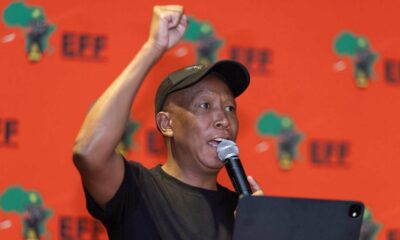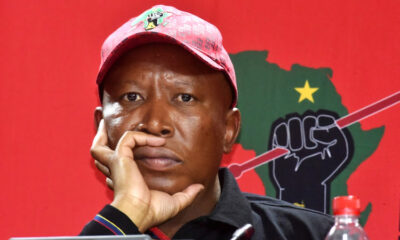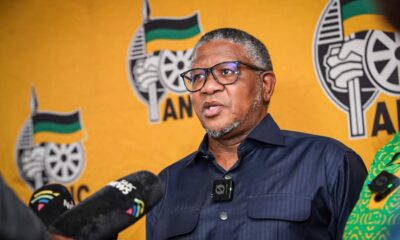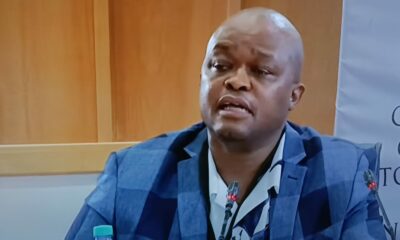News
SA Budget Stalemate Breaks: ANC and DA Unite to Pass Fiscal Framework
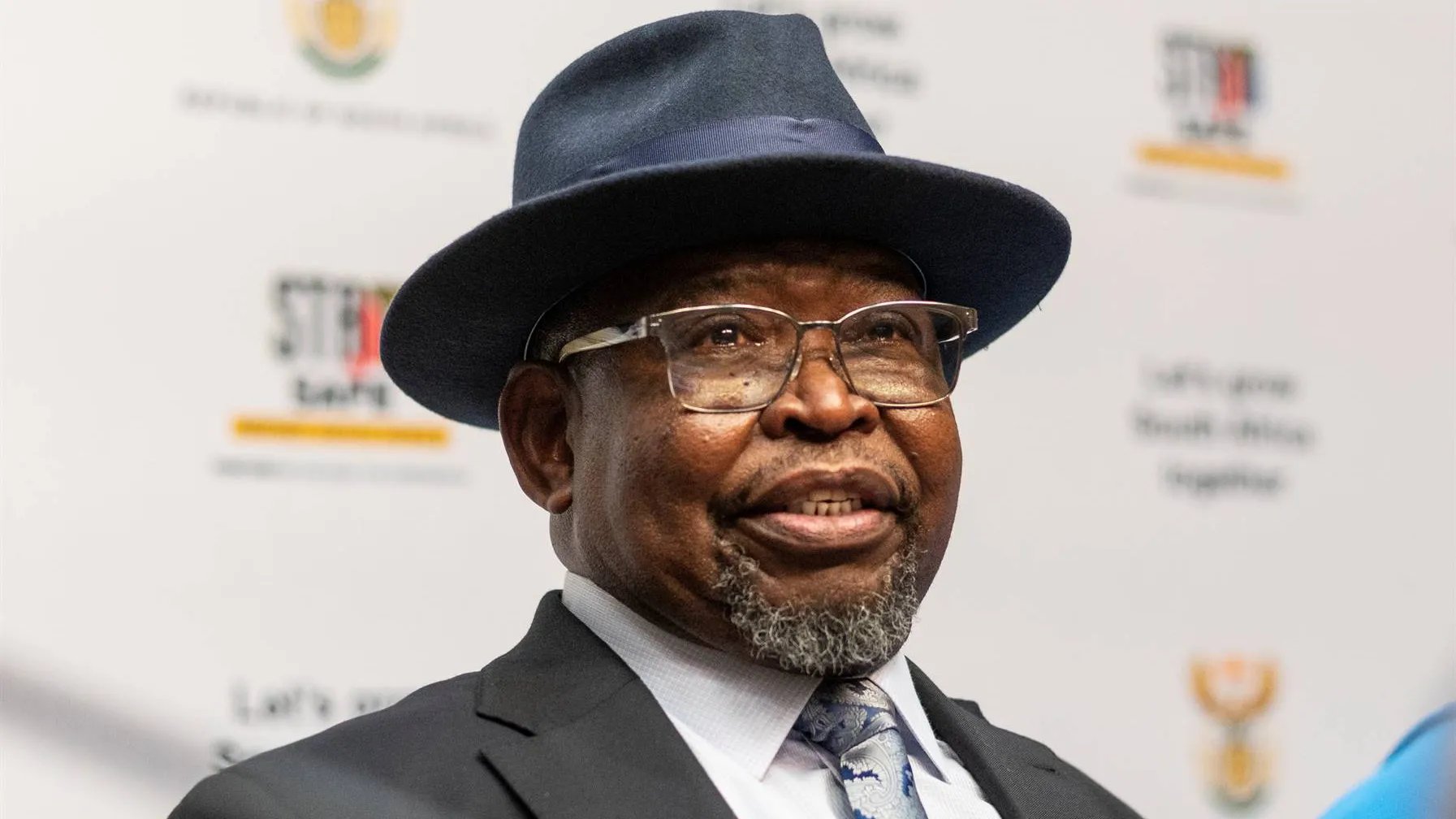
After weeks of political wrangling and walkouts, Parliament finally took a key step toward finalising South Africa’s 2025 Budget — but not without fireworks.
The fiscal framework — a backbone of every national budget that outlines spending limits, revenue goals, and economic priorities — has been adopted by Parliament’s finance committee, thanks to a rare moment of cooperation between the African National Congress (ANC) and the Democratic Alliance (DA). This marks a dramatic turnaround from just weeks ago, when these two major players in the Government of National Unity (GNU) found themselves on opposite sides of the same table.
But not everyone is celebrating. The Economic Freedom Fighters (EFF) and the uMkhonto Wesizwe (MK) party, both vocally opposed to the measure, were quick to slam the agreement, calling it an austerity plan that burdens the poor.
A Budget Battle Months in the Making
Back in April, Finance Minister Enoch Godongwana’s revised Budget 2.0 exposed major fissures within the GNU. The DA refused to back the fiscal framework at the time, forcing the ANC to rely on smaller parties like ActionSA to squeak it through the National Assembly.
That drama set the tone for a tense showdown this week, as Parliament’s finance committee gathered again — this time in a larger venue packed with MPs, journalists, and cameras. After some procedural hiccups, the framework was finally passed by seven votes to three, with the ANC and DA forming an unlikely alliance.
This move comes just in time: by law, the framework must be adopted within 16 days of the Budget being tabled. Failure to do so would stall the entire budgetary process — something South Africa, in the midst of sluggish growth and social unrest, can ill afford.
Acrimony in the Air: MK and EFF Don’t Hold Back
The mood inside the meeting wasn’t exactly harmonious. MK Party MPs, including controversial figures like Des van Rooyen (the former “weekend finance minister”) and ex-Eskom CEO Brian Molefe, peppered the meeting with objections.
Molefe argued that South Africa’s expanded unemployment figure — a daunting 43.1% — should guide budget decisions rather than the narrower 32.9% official rate. Others, like EFF MP Omphile Maotwe, bristled at language around ending bailouts for state-owned enterprises, saying it distorted their past performance.
But their protests fell flat. At one point, even fellow MPs questioned whether the objections were “for the cameras” — a sharp dig in a session that was being closely watched and recorded.
Meanwhile, a separate High Court ruling dismissed the EFF’s attempt to block the fuel levy increase — a development that added to their list of grievances and fueled their claims that the Budget is “not pro-growth.”
Not Quite a Love Story, but a Start
The new DA-ANC alignment on the Budget doesn’t signal full peace within the GNU, but it is a critical moment of pragmatism in a Parliament often paralysed by ideology. Just weeks ago, the ANC was gloating about getting Budget 2.0 passed without DA support; now, both parties are quietly working together to keep the ship steady.
Perhaps it’s the realisation that economic reality — rising debt, soaring joblessness, and fading investor confidence — leaves little room for posturing.
The fiscal framework is just the first hurdle. Next week, the National Assembly is set to vote on it again during a sitting at the Cape Town International Convention Centre. Assuming it passes, lawmakers can then proceed with passing the Division of Revenue Bill and the Appropriation Bill — two vital cogs in the budget machinery.
Where Does This Leave South Africans?
While politicians debate semantics and strategy, ordinary South Africans are looking for answers: When will job opportunities grow? Will food prices stabilise? Are service cuts on the table?
Those questions remain unanswered. What’s clear is that passing this framework may buy the GNU some time — but unless that unity translates into bold, people-focused policy, this could just be another political detour on the long road to economic recovery.
As the dust settles on Wednesday’s vote, South Africans will be watching closely to see if this new cooperation becomes the norm or just another footnote in a deeply divided Parliament.
{Source: Daily Maverick}
Follow Joburg ETC on Facebook, Twitter , TikTok and Instagram
For more News in Johannesburg, visit joburgetc.com

